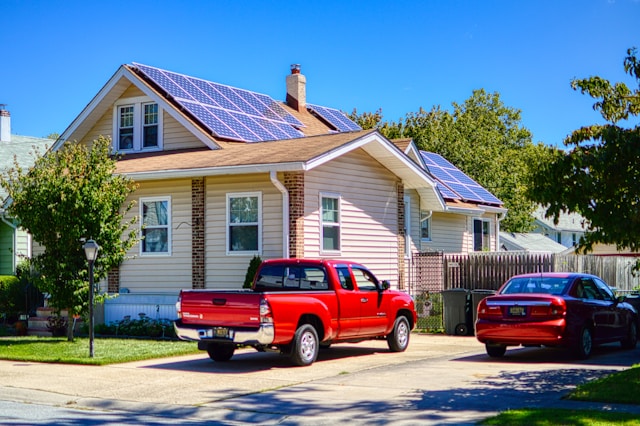
With the increasing interest in renewable energy sources and sustainability, more and more homeowners are turning to solar power. A key component of a solar power system is the solar battery, which stores excess energy produced by the solar panels for use when the panels aren’t producing power, such as at night or during power outages. A common question that arises is: how long can a solar battery power a house? This article aims to provide an in-depth analysis of this question.
Factors Influencing Battery Duration
The duration a solar battery can power a house is influenced by several factors:
- Battery Capacity: Measured in kilowatt-hours (kWh), the capacity of a solar battery determines how much energy it can store. For instance, a 10 kWh battery can deliver 1 kilowatt of power for 10 hours or 2 kilowatts for 5 hours.
- Household Energy Usage: The amount of energy a home uses will directly impact how long a battery can power it. The average U.S. home uses about 30 kWh per day, but this can vary greatly depending on the size of the home, the number of occupants, and the types and quantity of appliances used.
- Energy Efficiency: More energy-efficient homes will use less power, allowing a solar battery to last longer.
- Solar Panel Production: During daylight hours, solar panels can produce energy that offsets some of the home’s energy usage, thereby extending the battery’s life.
- Battery’s State of Charge: The level of charge in the battery at the beginning of a power outage or at nightfall will determine how long it can provide power.
Practical Expectations
Given these variables, it’s challenging to specify an exact time frame for how long a solar battery can power a house. However, in general, a fully charged solar battery could power a home for anywhere from a few hours to a few days, depending on the factors mentioned above.
For homes with high energy usage or for those seeking longer periods of backup power, multiple batteries or a larger battery bank may be necessary. It’s also important to note that regular cycling (charging and discharging) of a solar battery can lead to wear over time, which may reduce its storage capacity and lifespan.
Solar batteries can provide valuable backup power for homes, contributing to energy independence and resilience. While the duration a solar battery can power a house depends on several factors, advancements in solar and battery technology continue to improve their efficiency and storage capacity. As a homeowner, understanding these factors can help you make informed decisions about your solar power system and energy usage.





